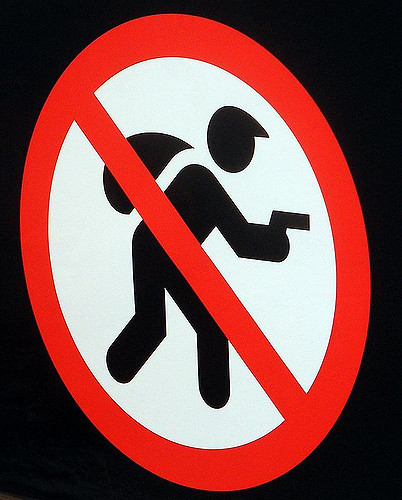In a recent Health Affairs article, Uwe Reinhardt explains that health care companies, including drug companies, can create value for both their shareholders and society, or they can simply create value for their shareholders. Many drug company price hikes create no social value. So, when do drug companies create value for the public?
When pharmaceutical companies raise their prices, forcing people who need their drugs to pay more, they create no value for the public. Higher drug prices benefit their investors, but they add no value to society. Rather than creating social value, in these cases drug companies simply “value shift.”
When drug companies create a new drug people need, they may create value for the public. Social value could be calculated as the sum of the prices that different people are willing to pay for the drug. When there is new demand for the drug, it could be argued that the piece of social value the drug company generates in sales revenue is the research and development and production costs plus some profit margin that leads the drug company to innovate.
But, at some point that profit margin may be so large as to create at best little value for the public. That’s why the public is asking for drug price transparency. We want to understand pharmaceutical company costs better. Many Americans already want prices to come down significantly. Many more people would support lower drug prices if they knew that the drug companies were earning way more profit than needed to incent them to innovate.
In contrast, drug companies believe that drug prices should simply reflect whatever prices society is willing to pay for them. They do not believe that drug prices need be correlated with the cost of their development and production. As a result, “value pricing” of drugs may lead patients with costly care needs and their insurers to spend extraordinary sums for them. These purchasers naturally value drugs that extend people’s lives and improve their health enormously.
But, Americans do not accept value pricing when it comes to drugs. If we did, we would not have seen the outrage stemming from Valeant and Turing raising drug prices enormously. Indeed, negotiated drug prices would not be a top public priority.
These drug price hikes are happening throughout the drug market, for drugs that have been available many years and even for some off-patent drugs. In these cases, it’s fair to say the pharmaceutical companies are destroying social value.
We know that most drug spending is not for research and development; these costs are on average below 20 percent, Drug companies spend a much heftier percentage of their revenue on marketing. Indeed, the TV industry now generates its primary ad revenue from the drug industry.
Drug company mergers are another way the drug industry drives up prices. These mergers reduce competition, giving the new company the ability to raise prices further. Again, this represents value shifting. You can read about the effects of health insurance company mergers on Just Care here.
So what about free enterprise and the drug companies’ right to raise prices however much they like? Here, the truth is that the only reason drug companies can charge such high prices are that government policies permit them to. As Reinhardt explains. “In a very real sense, their industry is partly a creature of government, which protects the industry’s economic turf through patents, market exclusivity, data exclusivity, prohibition of resale of drugs among customers and of parallel imports, and so on. These many protections are provided for defensible reasons. But they inevitably and legitimately invite political considerations into the protected firms’ drug pricing policies.”
It is due time Congress put a stop to affording the drug industry all these protections and effectively wasting taxpayer dollars to fuel their profits.
Here’s more from Just Care:










